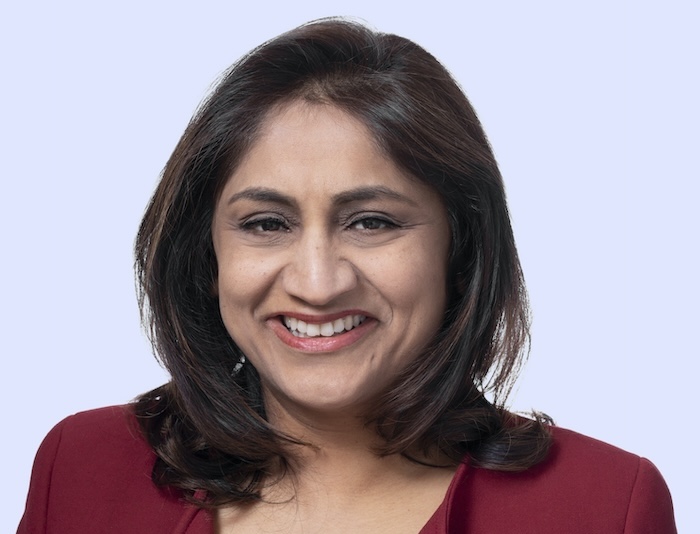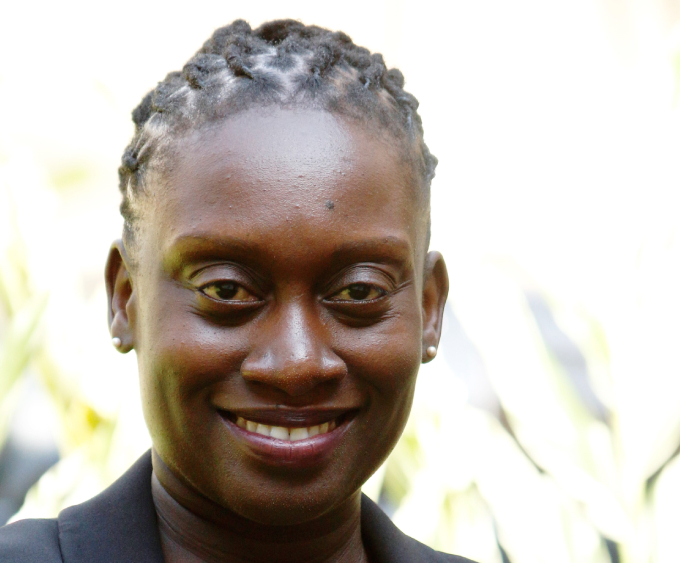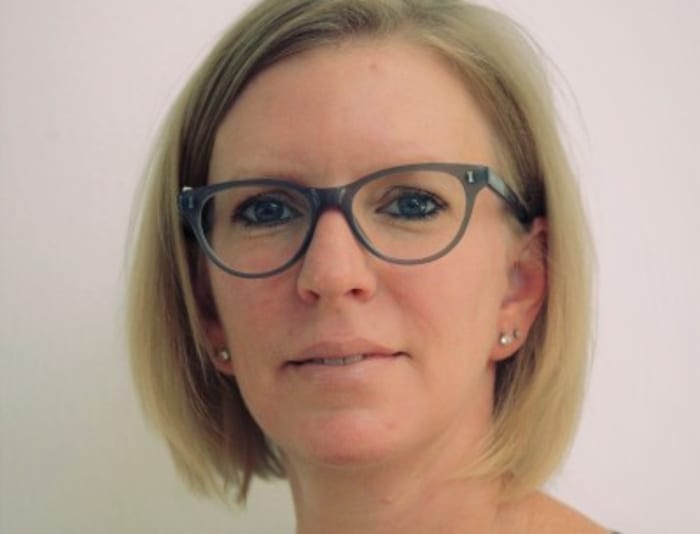Upcoming Cohorts
21 August - 03 October 2024 (Virtual)
Structure
14 live sessions with breakouts, case studies and a final course assignment
Reach out to discuss a payment plan at
esg@theboardroomafrica.com

ESG Certificate

Prepare for the future
The Environmental, Social and Governance (ESG) Certificate programme targets directors and executives looking to develop their understanding of ESG issues and concepts, equipping them with the tools required to drive ESG agendas in their respective organisations. This expert-led curriculum incorporates ESG theoretical frameworks and trends, situating them within a global context, with practical inputs intended to support executives as they review their roles in driving the ESG agenda. Our primary goal is to empower leaders to navigate a rapidly evolving and intricate subject equipped with the necessary tools to make valuable contributions to ESG discourse and leadership decisions. This programme is certified by The CPD Certification Service.
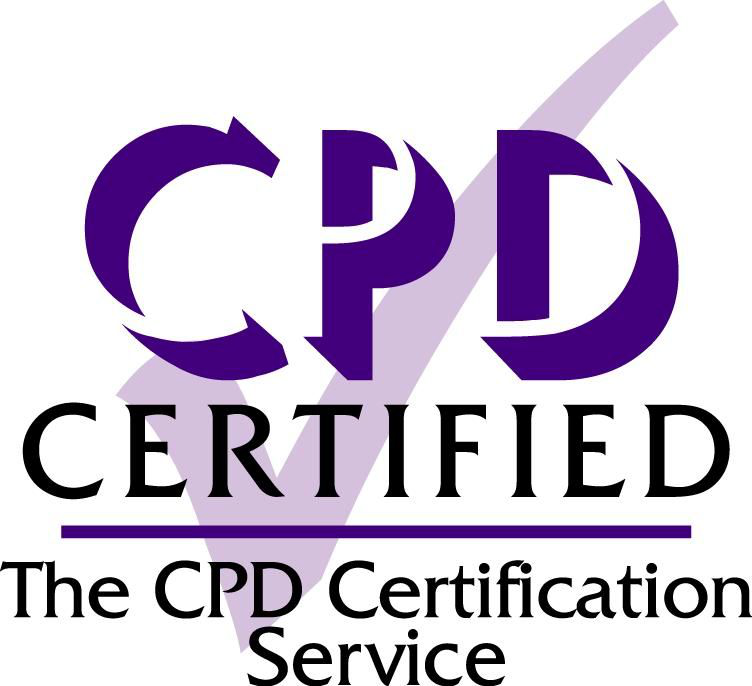
TheBoardroom Africa's ESG Certificate Programme is certified by the CPD Certification Service. The programme has an estimated 45 hours of learning.



Browse course outline
Key features
Dedicated programme support team
14 live sessions with breakouts, case studies and a final course assignment
Real-life case studies and scenarios
Learning platform with mobile access
Some of the companies that trust our instructor's experience include:
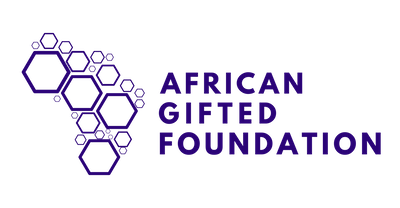


Our impact
3500+
community of leaders
200+
executives placed on boards
600+
executive leadership alumni
70+
sectors and countries represented
Join Us

Learn more about our community and activities by signing up to receive updates




